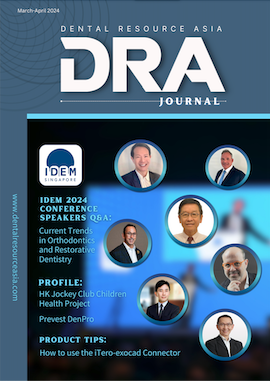UK: The Labour party is contemplating a ban on the sale of energy drinks to individuals under the age of 16, citing concerns about the detrimental effects on children’s health and education. The proposal comes in response to mounting evidence linking excessive consumption of these beverages to various health issues and poor academic performance.
High Caffeine Content Raises Alarms
Energy drinks, such as Prime Energy, Monster, and Rockstar, often contain high levels of caffeine and sugar, posing potential health risks to young consumers. A can of Prime Energy, for instance, contains 140mg of caffeine, significantly more than a typical mug of coffee. Research indicates that regular consumption of these beverages can lead to headaches, sleeping problems, irritability, and fatigue.
Labour’s consideration of the ban aligns with appeals from over 40 health organizations and experts, including the Royal College of Paediatrics and Child Health, for urgent regulatory intervention. These calls emphasize the need to protect children’s health by implementing measures to restrict access to energy drinks, which have been associated with adverse mental and physical effects.
 Click to Visit website of India's Leading Manufacturer of World Class Dental Materials, Exported to 90+ Countries.
Click to Visit website of India's Leading Manufacturer of World Class Dental Materials, Exported to 90+ Countries.
Support for Regulatory Measures
Barbara Crowther of the Children’s Food Campaign underscores the importance of prioritizing children’s well-being over corporate profits, urging decisive action to safeguard their health. Teaching unions also advocate for a ban, citing concerns about the impact of energy drinks on pupil behavior and academic performance.
Despite previous proposals for a complete ban on energy drink sales to under-16s, government ministers have yet to enact such measures. The lack of regulatory action has prompted criticism from various quarters, with calls for immediate intervention to address the growing public health concerns associated with energy drink consumption among young people.
Concerns at the Local Level
Incidents of adverse health effects linked to energy drink consumption have raised alarms among parents and educators at the local level. Reports of children experiencing cardiac episodes after consuming energy drinks have prompted schools to issue warnings and reinforce restrictions on bringing these beverages onto school premises.
Labour’s consideration of a ban on energy drink sales to teenagers reflects growing concerns about the health and educational implications of unrestricted access to these beverages. As discussions continue, stakeholders emphasize the need for proactive measures to mitigate the risks posed by excessive energy drink consumption among young individuals.
The information and viewpoints presented in the above news piece or article do not necessarily reflect the official stance or policy of Dental Resource Asia or the DRA Journal. While we strive to ensure the accuracy of our content, Dental Resource Asia (DRA) or DRA Journal cannot guarantee the constant correctness, comprehensiveness, or timeliness of all the information contained within this website or journal.
Please be aware that all product details, product specifications, and data on this website or journal may be modified without prior notice in order to enhance reliability, functionality, design, or for other reasons.
The content contributed by our bloggers or authors represents their personal opinions and is not intended to defame or discredit any religion, ethnic group, club, organisation, company, individual, or any entity or individual.


